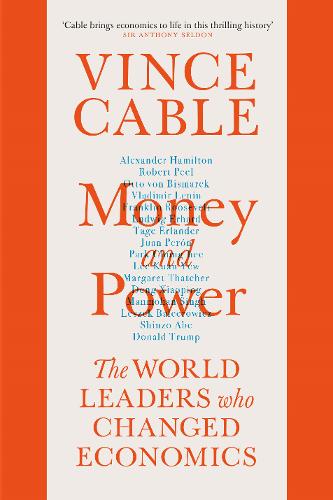Holism is the view that natural systems (from physical to social) should be studied from the point of view of wholes, rather than parts. In political economy, a holistic analysis could proceed from the study of society, rather than individuals, and assume that individual behaviour is determined by the social whole, rather than the converse. Karl Marx, in his study of political economy, analysed capitalism as a whole system, with particular structures and tendencies, while also using class as the key building block of society. Thus individual behaviour is said to be determined by the properties of the class within which it is situated.
More generally, heterodox approaches to economics, such as Marxism or Post-Keynesianism, tend to take a more holistic approach to analysis and reject the reductionist approach of mainstream or neo-classical theories. As already mentioned, the former view individual behaviour as being determined by social categories such as class or society, whereas neo-classical economics models individual behaviour as the key determinant of social outcomes.
But if we move beyond the confines of a purely economic analysis, and employ an inter-disciplinary perspective, what determines whether a particular approach to social science is holistic or not? One could argue that the individual is an holistic category if we draw on biology and accept that he or she is a whole composed of interdependent organs, bones, fluids etc. These latter categories interact to affect individual behaviours and outcomes. Similarly, biologists analyse particular organs as composed of constituent parts, but also the whole organ whose functioning is determined by the interaction of those parts. In all these cases, the behaviour of the whole can be seen as more than simply the sum of its parts.
From a larger perspective, the global economy affects individual behaviour through its impact on national economies through trade, capital flows, migration and the exchange of ideas and technologies. The question needs to be: what is the appropriate level at which to conduct analysis? Is it the global or national economy, the region, sector or company, or the class or individual?
In political economy, as inter-disciplinary social science, we can draw on methods and perspectives beyond the purely economic, from political science, sociology and philosophy for example. But from social wholes to the individual, even if we take a holistic view of what determines behaviour, the units of analysis are necessarily partial views of reality. They are models. The model we select when setting out on the path of analysis may depend on what has worked well in the past and also on the object of analysis. Perhaps just as important are the values of the analyst, or the politics implied by the outcome of the analysis. These latter subjective factors are bound to influence the objective methods. A Marxist might have sympathies with socialist politics and policies, a post-Keynesian with social democratic outcomes and a neo-liberal with more free-market ones. These political sympathies may have causes in the personality of the analyst, with genetic and psychological or learned values as causes of the personality. The social and academic environment in the past and present may in turn be a determinant of these learned values. These environments also have determinants in the structure and behaviour of social categories, as well as individuals. And so on.
Marx argued that the material relations and conditions of society determined human consciousness, but while this is a powerful idea, this need not be the end of the analysis. Human consciousness, men’s ideas and will, can alter the material conditions of society. In fact, by calling for social revolution, Marx accepted this idea too. We can view this as a kind of circuit running between material conditions and human consciousness at the social level, which structures the evolution of society.
These thought exercises question the objectivity of social science and show that analysis can start from the end point where the outcomes are consistent with particular values and subjective choices, and subconsciously justify the method or model used. It also shows the importance of overdetermination, the idea that an observed effect has multiple causes. This makes for a more complex analysis but, I would argue, a richer one, and calls for an emphasis on inter-disciplinarity. In social science, it underlines the importance of a genuine political economy, which draws on insights from across the field and outside it.
With holism, we analyse whole systems, greater than the sum of their inter-dependent parts. With over-determination, we stay open to potential causes both within and outside the primary subject matter. A political economy open to its own origins and method, with a great potential for evolution, is a hoped-for result.


 Following Monday’s post introducing a series inspired by Vince Cable’s new book Money and Power: The World Leaders who Changed Economics, this is the first of several posts in that series. To reiterate, I will not fully review the book, as I am sure that is being done sufficiently elsewhere. Rather I will try to look in depth at some of the key issues tackled in the book, by taking them as a point of departure. Broadly speaking, they are to some degree inspired by the book, but they will also critique it.
Following Monday’s post introducing a series inspired by Vince Cable’s new book Money and Power: The World Leaders who Changed Economics, this is the first of several posts in that series. To reiterate, I will not fully review the book, as I am sure that is being done sufficiently elsewhere. Rather I will try to look in depth at some of the key issues tackled in the book, by taking them as a point of departure. Broadly speaking, they are to some degree inspired by the book, but they will also critique it.